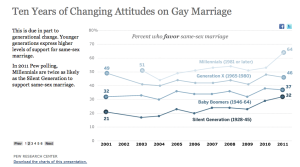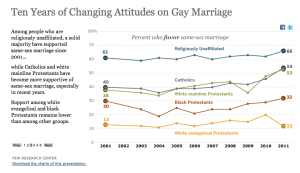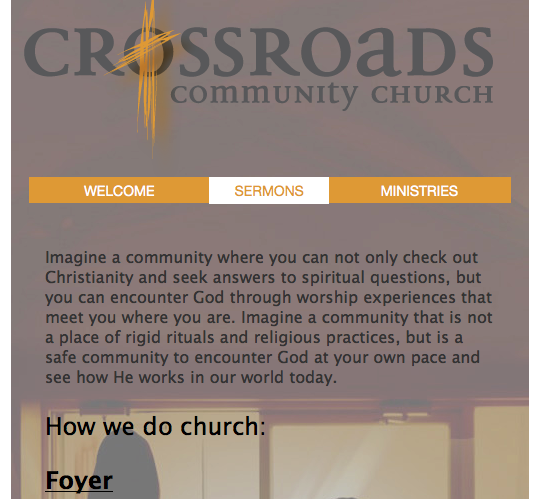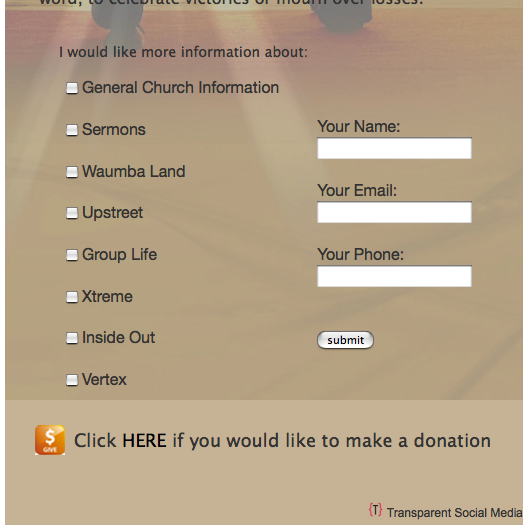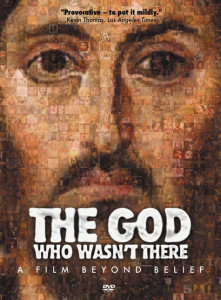 In my ongoing documentary watching courtesy of my newfound Netflix subscription I watched “The God Who Wasn’t There.” I remember when this was hitting the release date and it had its natural pub and buzz as denying God can be a real sassy topic. It never interested me as I’ve seen the “Religulous” or “The Root of All Evil” (aka. God Delusion) and could pretty much script the whole documentary.
In my ongoing documentary watching courtesy of my newfound Netflix subscription I watched “The God Who Wasn’t There.” I remember when this was hitting the release date and it had its natural pub and buzz as denying God can be a real sassy topic. It never interested me as I’ve seen the “Religulous” or “The Root of All Evil” (aka. God Delusion) and could pretty much script the whole documentary.
Well, if I’m already paying for my subscription and it is available, why not? So I watched the documentary and it was as predicted. It took on more so the modern theology of focusing on the resurrection as the only real part of the story. Took a whole bunch of Christian pop culture of the time (the Passion of the Christ gets a good reflection). This is all circles back around as the director/narrator shares that he grew up in a fundamental educational environment. He even takes on his private school principal/dean on some of these theological teachings.
As the movie went on and on I was less impressed by the case against a “God who wasn’t there” but felt bad for him because the God who he had been taught about actually wasn’t there. God wasn’t there because he had been taught a shallow part of the story of God’s workings with his people. There wasn’t anything of grace, dreams, loving others, caring for the poor & less fortunate, and more. There is a God who is there, in my belief, and I’m saddened by this case the many replicating cases out there where people were taught short of the full spectrum of a God who loves them.
